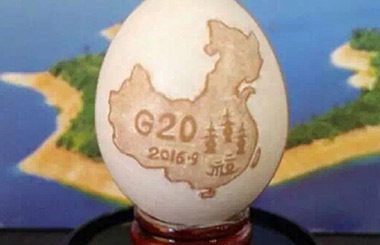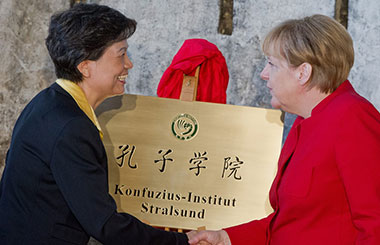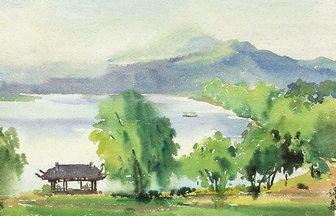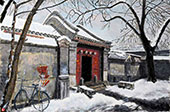Villages built on filial piety
By Erik Nilsson ( China Daily ) Updated: 2016-09-05 09:50:22
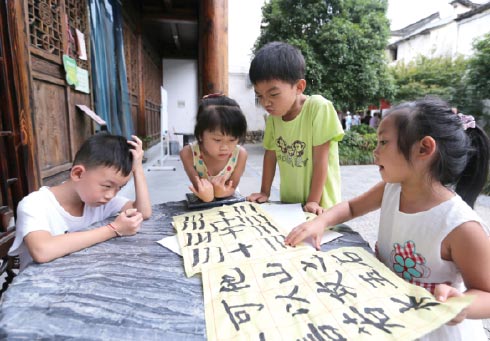 |
|
Children practice calligraphy in Tonglu county. [Photo by Wang Zhuangfei/China Daily] |
Well, actually, in renovated rooms that previously housed farm animals.
"Manure stench meant people used to rush by, pinching their noses," a local guide says of Cattle Pen Cafe.
"Now, the aroma of coffee lures them to linger."
Shentu Fang opened Pigsty Teahouse in 2013.
She converted 14 swine hutches into a hip joint to sip a cuppa.
"It's unique," says Shentu.
"We don't want to destroy our history and environment."
Trees heave with fruit. Vines spill from rooftops. Pots pop with flowers.
A nearby shop peddles petal pancakes-that is, dough disks stuffed with floral flavors like rose.
Indeed, the livestock quarters cum cafes are microcosms of the settlement in Zhejiang province's Tonglu county. It's a place where blooms burst around lightly renovated historical buildings-including 40 ancient structures. Many new edifices are rendered according to traditional designs.
For instance, new flagstones have been arranged along Dipu's old cobblestone streets for women wearing high heels.
The wells and drainage systems devised when the settlement was founded nine centuries ago are still used. Thirteen trees older than 200 years still stand. Two took root eight centuries ago.
But Dipu's umbilical link to its past is less tangible, yet palpable-a rigorous reverence for familial piety that dates to at least the Qing Dynasty (1644-1911).
A villager during emperor Kangxi's (1654-1722) reign nursed his critically ill father back to health with such devotion that villagers reported his good deed to the royal court.
But word didn't reach the throne for two generations. Kangxi's grandson, Qianlong (1711-1799), was so moved upon hearing the account that he ordered the construction of a stone archway to honor the "dutiful son" in Dipu.
|
|
|
|
|
|
|
|

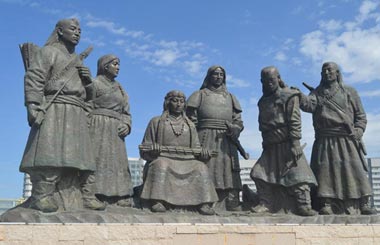
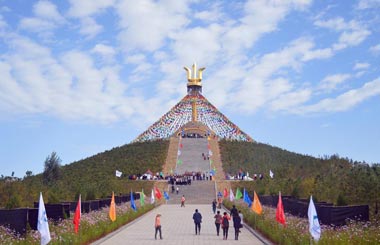
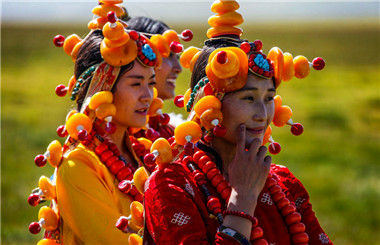

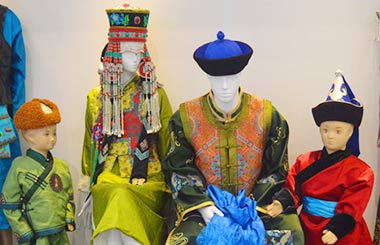










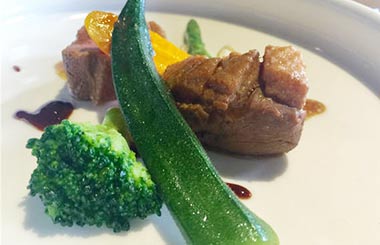







 Raymond Zhou:
Raymond Zhou: Pauline D Loh:
Pauline D Loh: Hot Pot
Hot Pot Eco China
Eco China China Dream
China Dream China Face
China Face
